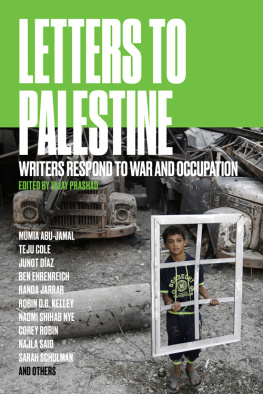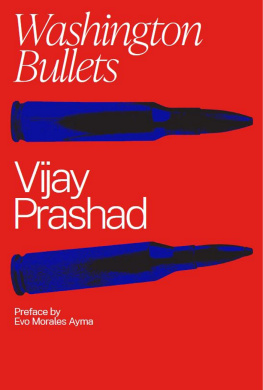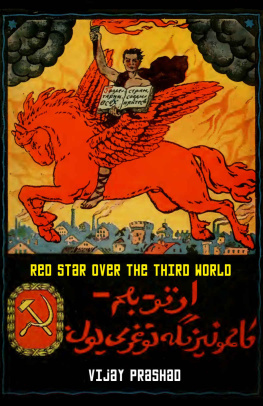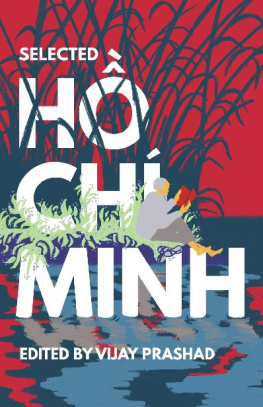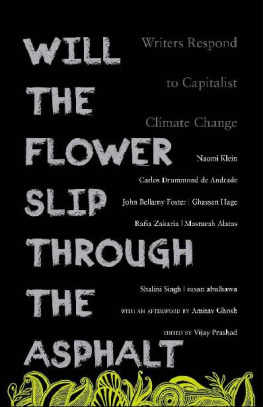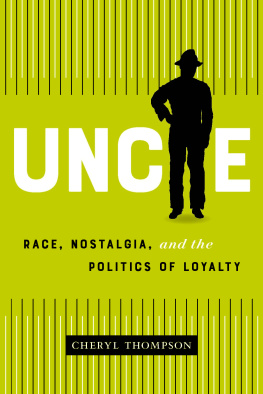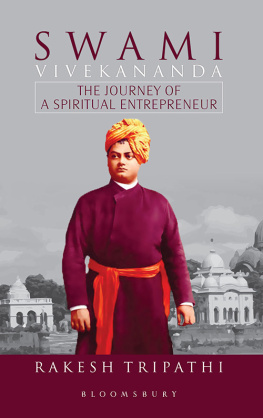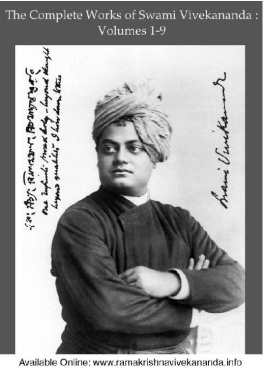Vijay Prashad - Uncle Swami: South Asians in America Today
Here you can read online Vijay Prashad - Uncle Swami: South Asians in America Today full text of the book (entire story) in english for free. Download pdf and epub, get meaning, cover and reviews about this ebook. year: 2012, publisher: New Press, genre: Politics. Description of the work, (preface) as well as reviews are available. Best literature library LitArk.com created for fans of good reading and offers a wide selection of genres:
Romance novel
Science fiction
Adventure
Detective
Science
History
Home and family
Prose
Art
Politics
Computer
Non-fiction
Religion
Business
Children
Humor
Choose a favorite category and find really read worthwhile books. Enjoy immersion in the world of imagination, feel the emotions of the characters or learn something new for yourself, make an fascinating discovery.

- Book:Uncle Swami: South Asians in America Today
- Author:
- Publisher:New Press
- Genre:
- Year:2012
- Rating:4 / 5
- Favourites:Add to favourites
- Your mark:
- 80
- 1
- 2
- 3
- 4
- 5
Uncle Swami: South Asians in America Today: summary, description and annotation
We offer to read an annotation, description, summary or preface (depends on what the author of the book "Uncle Swami: South Asians in America Today" wrote himself). If you haven't found the necessary information about the book — write in the comments, we will try to find it.
Uncle Swami: South Asians in America Today — read online for free the complete book (whole text) full work
Below is the text of the book, divided by pages. System saving the place of the last page read, allows you to conveniently read the book "Uncle Swami: South Asians in America Today" online for free, without having to search again every time where you left off. Put a bookmark, and you can go to the page where you finished reading at any time.
Font size:
Interval:
Bookmark:
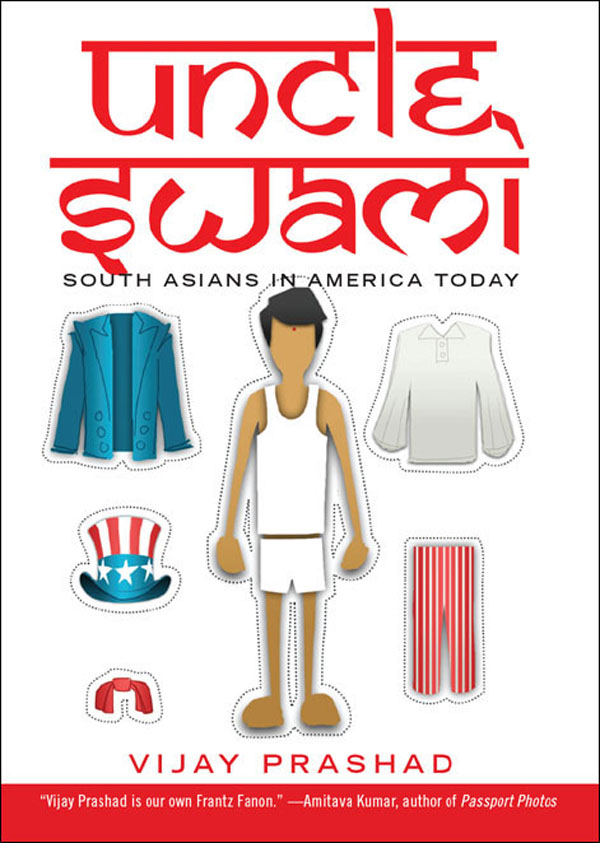
Also by Vijay Prashad
The Darker Nations:
A Peoples History of the Third World
Keeping Up with the Dow Joneses:
Stocks, Jails, Welfare
Everybody Was Kung Fu Fighting:
Afro-Asian Connections and the Myth of Cultural Purity
Fat Cats and Running Dogs:
The Enron Stage of Capitalism
War Against the Planet:
The Fifth Afghan War, Imperialism, and
Other Assorted Fundamentalisms
Untouchable Freedom:
A Social History of a Dalit Community
The Karma of Brown Folk
SOUTH ASIANS IN AMERICA TODAY
Vijay Prashad

2012 by Vijay Prashad
All rights reserved.
No part of this book may be reproduced, in any form, without written permission from the publisher.
Requests for permission to reproduce selections from this book should be mailed to:
Permissions Department, The New Press,
120 Wall Street, 31st floor, New York, NY 10005.
Published in the United States by The New Press, New York, 2012
Distributed by Two Rivers Distribution
LIBRARY OF CONGRESS CATALOGING-IN-PUBLICATION DATA
Prashad, Vijay.
Uncle Swami: South Asians in America Today / Vijay Prashad.
p.cm.
Includes index.
ISBN 978-1-59558-801-2
1. South Asian AmericansSocial conditions.2. South Asian AmericansEthnic identity.3. South Asian AmericansCultural assimilation.4. September 11 Terrorist Attacks, 2001Influence.5. United StatesRace relations21st centuryI. Title.
E184.S69P74 2012
305.895073dc23 | 2011037344 |
The New Press publishes books that promote and enrich public discussion and understanding of the issues vital to our democracy and to a more equitable world. These books are made possible by the enthusiasm of our readers; the support of a committed group of donors, large and small; the collaboration of our many partners in the independent media and the not-for-profit sector; booksellers, who often hand-sell New Press books; librarians; and above all by our authors.
www.thenewpress.com
Composition by dix!
This book was set in Electra
24681097531
For Ishan Bose-Pyne (19942010)
Jazz musician, chess maestro, physics whiz, radical visionary.
Always looking for that great jazz note to destroy the walls of Jericho.
I still think today as yesterday that the color line is a great problem of this century. But today I see more clearly than yesterday that back of the problem of race and color, lies a greater problem which both obscures and implements it: and that is the fact that so many civilized persons are willing to live in comfort even if the price of this is poverty, ignorance, and disease of the majority of their fellowmen; that to maintain this privilege men have waged war until today war tends to become universal and continuous, and the excuse for this war continues largely to be color and race.
W.E.B. Du Bois, 1953 Preface to The Souls of Black Folk
This book is about the South Asian American community after 9/11, and so in many aspects is about the ways in which many of us took cover behind liberal tolerance to get to the other side of the most difficult period of the domestic impact of the War on Terror. People of South Asian ancestry, so easily mistaken as terrorists, have by now come to terms with the reality of racism and of profiling. Few desis (a person of Indian, Pakistani, Bangladeshi, Afghani, Sri Lankan, or Nepalese descent) are able to deny the existence of a heightened fear of our bodies after 9/11 and after the ramped-up machinery of fear that came from the Bush administration, the feverish 24/7 media attention, and the general air of suspicion that descended upon our fellow residents of this territory. But what many of us do not accept is the intimate relationship between this very racism that we acknowledge and the imperial ambitions of the United States. Uncle Swami, this extended essay of mine written to update the formulations in my Karma of Brown Folk, hopes to make the case for this intimate relationshipto show not only that the excuse for war continues largely to be color and race, but that war making is a natural outgrowth of the culture of hierarchy within the United States, a culture that has resulted in the creation of vast swaths of disposable people for whose control we have created an archipelago of prisons and ghettos, and a culture that relies upon spending on the military rather than on social goods to maintain its equilibrium.
Human freedom demands that we dismiss the politics of fear and offer a program for authentic security. Our politicsthe politics of solidarity, of well-being, and of considerationasks us to recognize that our so-called adversaries are themselves angry not for inherent or cultural reasons but because they too are survivors in the world of economic insecurity and of fear. It asks us to experiment with whatever intellectual and practical resources we have to produce a new foundation for life. Everybody dies, but not everybody lives. Everybody has to have a chance to live.
Sections of this book were previously published in Amerasia (edited by Russell Leong), Counterpunch (edited by Alexander Cockburn and Jeffrey St. Clair), Desi Rap (edited by Ajay Nair and Murali Balaji), Economic and Political Weekly (edited by Srinivasan Ramani), Frontline (edited by R. Vijayashankar), Global Dialogue (edited by Paul Theodoulou), Middle East Report (edited by Chris Toensing), Monthly Review (edited by John Bellamy Foster), Namaste Sharon (edited by Sudhanva Deshpande), Race/Ethnicity: Multidisciplinary Global Contexts (edited by Deepa Iyer), South Atlantic Quarterly (edited by John L. Jackson), Social Analysis (edited by George Baca), Student Struggle (edited by G. Selva), and the Asian American Literary Review (edited by Parag Khandhar and Rajini Srikanth).
Many of the formulations were introduced and debated in talks at colleges and community events, at protests and car rides, at family gatherings and over pots of tea with friends. In alphabetical order, special thanks to Mona Ahmad Ali, Taz Ahmad, Ulka Anjaria, Zayde Antrim, Rishi Awantramani, Bill Ayers, Raymond Baker, Vivek Bald, Davarian Baldwin, Janet Bauer, Martha Biondi, Prasenjit Bose, Shonali Bose, Janaki Challa, Rosa Clemente, Jo Comerford, Manuel Criollo, Shilpa Dave, Alfredo de Avila, Libero Della Piana, Bharavi Desai, Sudhanva Deshpande, Pawan Dhingra, Bernardine Dohrn, Rena Fraden, Craig Gilmore, Ruthie Gilmore, Kifah Hanna, Annie Harper, Andy Hsiao, Shafqat Hussain, Naeem Inayatullah, Deepa Iyer, Anjali Kamat, Nitasha Kaul, Robin Kelley, Sorayya Khan, Parag Khandhar, Bakari Kitwana, Surabhi Kukke, Amitava Kumar, Scott Kurashige, Tammy Bang Liu, Daniella Mahones, Rekha Malhotra, Sunaina Maira, Eric Mann, Seth Markle, Biju Mathew, Monami Maulik, Qalandar Bux Memon, Ali Mir, Raza Mir, Naeem Mohaiemen, Tej Nagaraj, Jeff Napolitano, Mark Anthony Neal, Prachi Patankar, Harish Patel, Gautam Premnath, Prabir Purkayastha, Kym Ragusa, Junaid Rana, Barbara Ransby, Kasturi Ray, Srirupa Ray, Sujani Reddy, Anamik Saha, P. Sainath, Alis Sandosharaj, Rinku Sen, Madhu Singh, Sonny Singh Brooklynwala, Saket Soni, Rajini Srikanth, Amita Swadin, Mark Toney, Alladin Ullah, Lalit Vachani, Linta Varghese, Manu Vimalasserry, Maurice Wade, Johnny Williams, and so many, many more. And then, Agha Shahid Ali (Ill meet you in Kashmir), Kartar Dhillon (one more cup of tea in Berkeley), Reetika Vazirani and Jehan (the bed is still made up), and Miguel Luna (one more swig of ginger brandy). My editor on this book is Marc Favreau, who saw its potential (and my production editor, Sarah Fan, whose patient efficiency helped manage my errors). My family in Calcutta, Delhi, and California are my anchor (especially my mother, Soni Prashad). My reader was Lisa Armstrong, who has the best bullshit radar for my writings. Zalia and Rosa, my cities of many lights.
Font size:
Interval:
Bookmark:
Similar books «Uncle Swami: South Asians in America Today»
Look at similar books to Uncle Swami: South Asians in America Today. We have selected literature similar in name and meaning in the hope of providing readers with more options to find new, interesting, not yet read works.
Discussion, reviews of the book Uncle Swami: South Asians in America Today and just readers' own opinions. Leave your comments, write what you think about the work, its meaning or the main characters. Specify what exactly you liked and what you didn't like, and why you think so.

